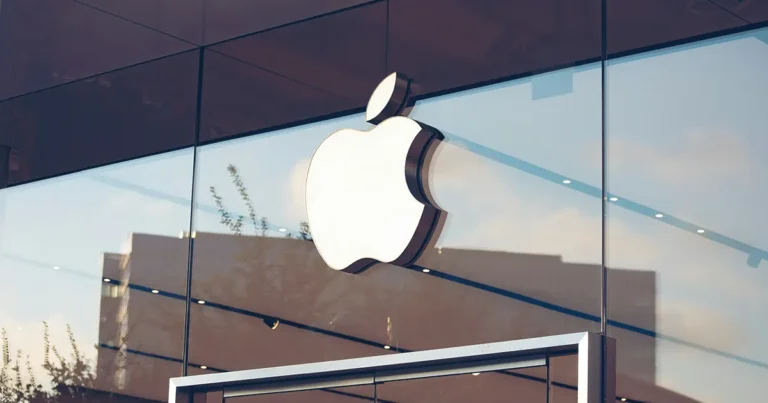4-5-2025 – Apple has significantly relaxed its stringent App Store policies in the United States, a move spurred by a federal court ruling in the high-profile antitrust dispute with Epic Games, the creators of Fortnite. The decision, handed down this week, found Apple in deliberate breach of a 2021 court injunction, prompting the tech giant to revise its iOS App Store guidelines in a manner that could reshape the landscape for digital collectibles and alternative payment systems.
Under the updated rules, developers in the U.S. are now free to incorporate buttons, links, or other prompts within their apps, guiding users to external websites for transactions without incurring Apple’s customary 27% commission on such purchases. This shift marks a departure from Apple’s historically rigid control over in-app commerce, though restrictions remain on features like premium content or in-game enhancements, which must still utilise Apple’s payment infrastructure.
The implications for the crypto industry are profound. Developers of non-fungible token (NFT) platforms, such as OpenSea, stand to benefit significantly. While users can browse vibrant arrays of NFT collections on these apps, direct purchases have been stymied until now. The new guidelines, explicitly permit apps on the U.S. storefront to steer users toward third-party purchasing options and facilitate exploration of NFT collections owned by others.
Wojciech Kulikowski, a software engineer at Farcaster, heralded the change as a potential catalyst for a “generational golden consumer crypto bull run.” he suggested that the relaxed rules could unleash a wave of innovation in crypto-native mobile applications, many of which were previously barred from the App Store due to Apple’s restrictive policies. Meanwhile, some firms, like Magic Eden, have already pioneered workarounds, embedding browser-based digital wallets in their apps to mirror the functionality of self-custodial wallets offered by MetaMask, Coinbase, and Uniswap.
Despite this liberalisation, Apple maintains a firm stance on certain cryptocurrency activities. Its guidelines continue to prohibit apps from offering rewards for tasks, supporting initial coin offerings (ICOs), or enabling devices to mine digital assets. In contrast, Google, Apple’s primary competitor, adopted a more permissive approach in 2023, allowing NFTs to unlock in-app content regardless of purchase origin and mandating transparency from developers about blockchain-based features in their games—a policy akin to that of Epic Games’ platform.


